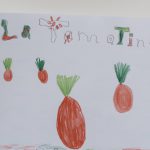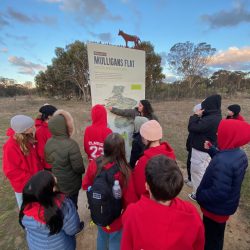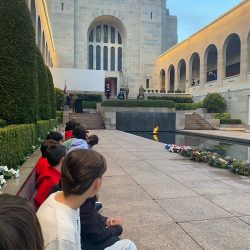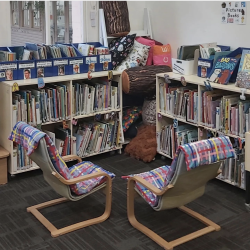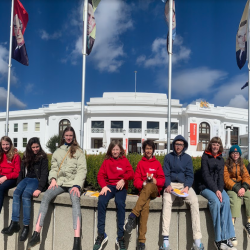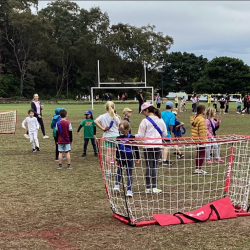Spanish

‘… achieving proficiency in other languages is one of the great learning experiences in the human condition … the compelling reasons for learning languages reside in the intellectual enrichment of the individual learner – a better understanding of the world, Australia’s place in it, and the many communities within Australia.’(Australian Language and Literacy Council, 1996, Language Teachers: The Pivot of Policy, Australian Government Publishing Service, Canberra, p 3)
Spanish is one of the most widely spoken languages in the world. It is the official language of 21 countries and one of the official languages of the United Nations and the European Union. Spanish, English and other European languages share a common linguistic link with Latin.
Our ISMS Spanish program is grounded in Maria Montessori’s discovery of the very young child’s sensitivity to language enabling them to readily absorb new languages.
As such, Stage 1 extended day students are introduced to the language through songs, stories and hands-on activities.
Stage 2 students have more directed learning of subjects such as numbers and colours, the classroom, the family, the body and food. This is supplemented again with songs and activities and opportunities to learn more about the culture of Spanish-speaking countries through art and craft and cooking.
Stage 3 students have the opportunity to acquire the language by making stories which are relevant to their level of language and on topics that are meaningful to them. They spend most of their time focusing on the strands of listening, reading and speaking. Cultural points are included where possible.
Direct instruction from the Spanish teacher occurs weekly through a 45 minute period of immersion in Spanish. The aim of the Spanish program is to enable students to develop communication skills, focus on languages as systems and gain insights into the relationship between language and culture, leading to lifelong personal, educational and vocational benefits. It is designed to encourage a future of peace and understanding in which we speak one another’s language and embrace each other’s ways.



